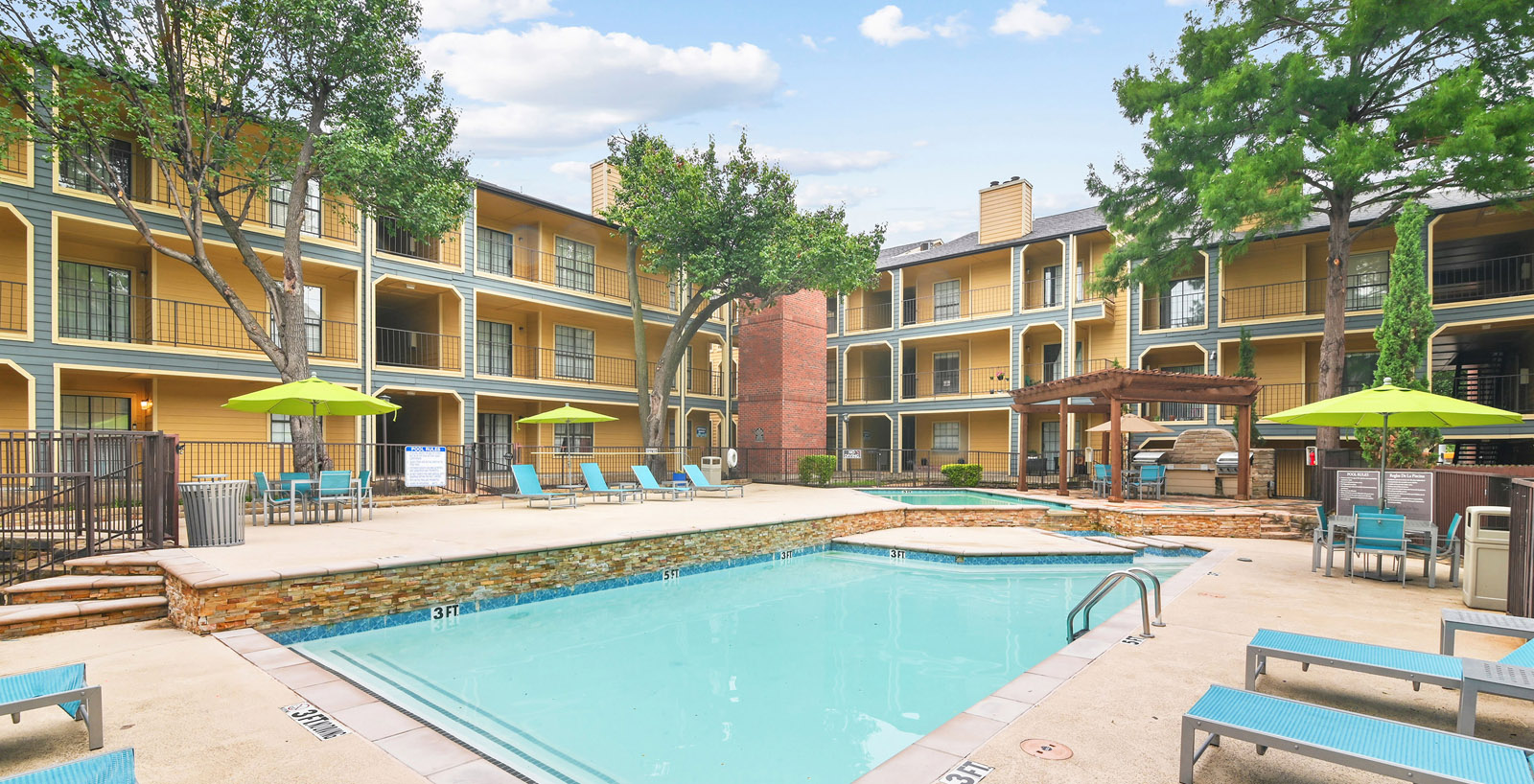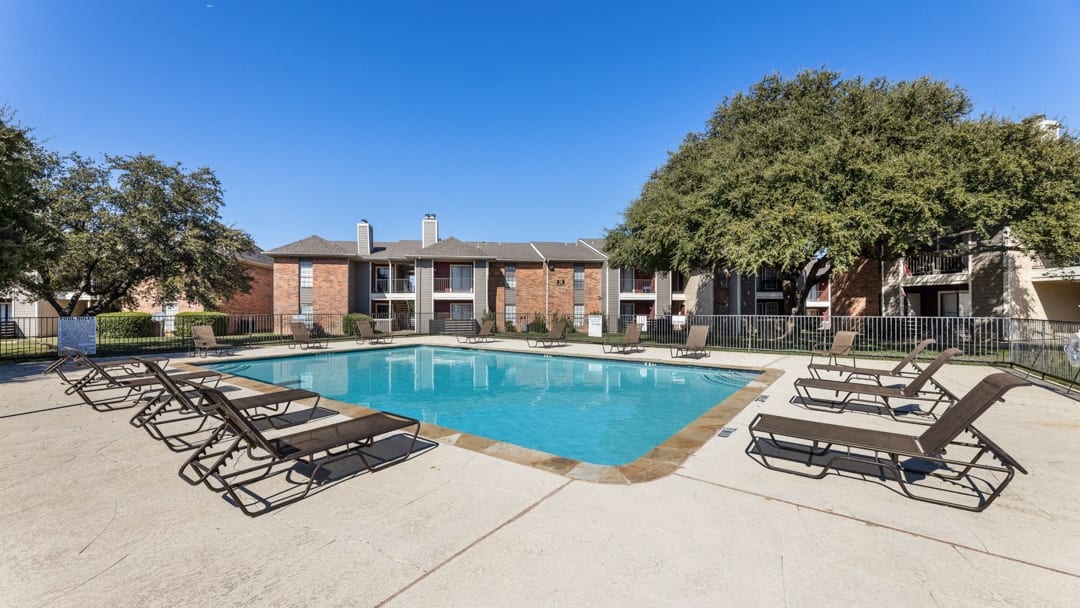

CASE STUDY
Real Estate Firm Partners with Metron to Slash Water Use in Garden-Style Apartments
Cutting-edge sensors helped Polaris Real Estate Partners deliver big savings for residents.
Polaris Real Estate Partners owns and manages approximately 4,500 residential units in multifamily properties spanning Texas and Missouri, with a focus on properties developed from 1980 onward. Its properties are garden-style apartments and were constructed with various plumbing configurations ranging from one utility meter serving the whole to a dozen or more utility meters serving a 20-30 building property. The properties were built in the 1980s with plumbing that didn’t allow for submetering. As a result, Polaris site managers have no downstream visibility into how much water is being used across the property as a whole.
“When these older properties were built, nobody was installing water meters for individual units,” noted Polaris general partner Travis Pacoe. “That put us in a tricky position – we know how much water the properties are using in total, but how it is being used within the property is anyone’s guess.”
To bill residents, Polaris uses the Ratio Utility Billing System, or RUBS, to divide up each site’s total water costs using a formula based on square footage and occupancy. It’s a widely used method that’s meant to be transparent and fair to residents – but it’s an accounting strategy, not an infrastructure management solution.
The result: with no way to track an individual building’s water usage, leaks at the buildings and within the units often go unnoticed. Over the years, those leaks often accumulate or worsen, significantly driving up total water consumption.
“RUBS doesn’t give us any way to spot leaks, incentivize water conservation for residents, or work to reduce overall water usage,” Pacoe explained. “Our maintenance crews don’t know where to look for leaks – and in the meantime, residents’ water bills keep creeping upward.”
To solve that problem, Polaris turned to Metron. The company’s smart water monitoring solutions, it turned out, could be easily retrofitted across garden-style apartment complexes to yield nearly instant, real-time insights on a building-by-building basis.

Because Metron’s meters come with built-in cellular modems, they work seamlessly when installed across a garden-style apartment campus, with no need to create new or separate wireless networks. And thanks to Metron’s battle-tested design and utility-grade construction, the Polaris team knew the devices could be trusted to work for decades with no need for expensive maintenance.
“Metron’s smart sensors offer best-in-class durability and data capture and they’re also incredibly easy to install and operate,” explains Metron director Matt Laird. “It’s literally plug-and-play: the sensors arrive from the factory pre-registered and ready to start delivering real-time data insights.”
Polaris decided to launch a pilot project, installing several dozen Metron smart monitors at a single Texas apartment campus. As soon as the monitors were installed, data began flowing – and using Metron’s dedicated WaterScope portal, site managers were instantly able to identify several buildings with unexpectedly high water usage.
That simple insight meant they could send teams out to specific apartments to make targeted repairs – a dripping faucet here, a leaky toilet there – that cumulatively made a big difference. Within a day Polaris realized a 40% reduction in total water use across the property, equivalent to a $100,000 annual reduction in water bills for the site’s residents. As this savings resulted in a substantial increase in that property’s Net Operating Income, it has added significantly to its market value.
Even divided between residents using the RUBS system, those savings can easily add up to as much as a $50 reduction in each household’s monthly bills – a material benefit for lower-income families. That, in turn, is helping Polaris to optimize occupancy rates at the site and maximize returns for its investors.
“We saw immediate operational gains that lowered costs for our residents, and that alone was enough to deliver up to 20X ROI for the pilot project,” Pacoe says. “But we’re also seeing significant long-term benefits, with lower operating costs and increased profitability – and that directly increases the value of our property portfolio.”
Polaris is currently working with Metron to install smart sensors across many other of its garden-style apartment complexes in Texas and beyond. With water rates climbing across the country, the ability to keep costs low brings real benefits for residents – and it’s better for Polaris’s bottom line, too.
“We see this as part of our commitment to social equity – we know utility costs can be a burden for our residents, and we’re doing everything we can to help them,” Pacoe added. “Metron’s smart sensors are giving us the data we need to bring down costs across the board while bringing garden-style properties’ water infrastructure into the 21st century.”